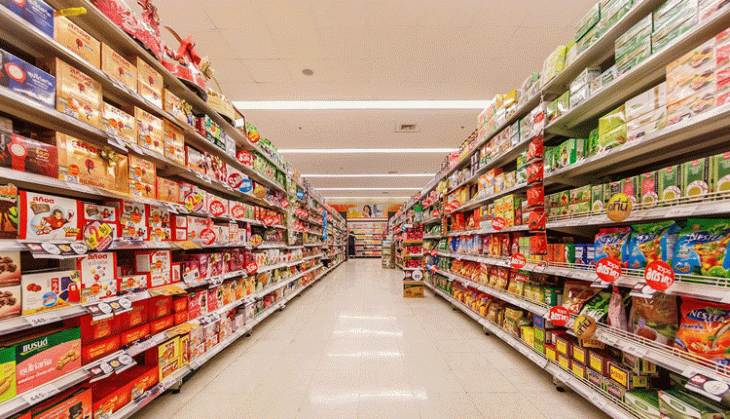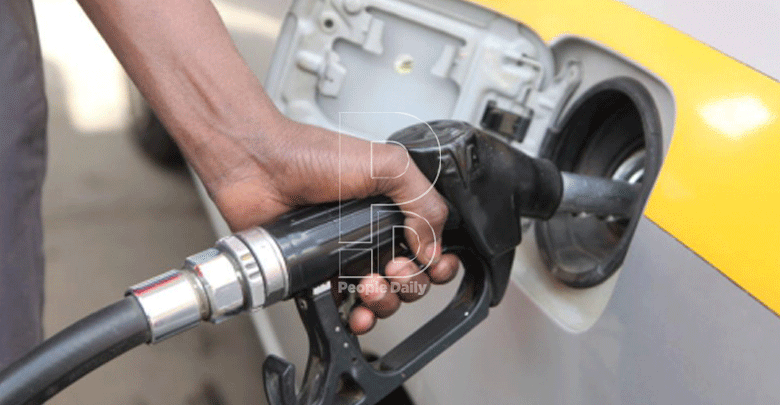Bakers fault proposed VAT on bread

For many years, bread has remained the king of breakfast for many Kenyans since it is affordable and easily available.
It is a delicacy at boarding schools, and for those who live alone, or in a hurry, it is easily toasted or turned into a sandwich to be enjoyed with milk, coffee or tea.
So important has bread been in Kenya, that for years the government has withheld the urge to tax the commodity, thereby stabilising its price.
However, a proposal by the National Treasury to slap a 16 per cent Value Added Tax (VAT) on the commodity has started causing headwinds, with bakers throwing the first salvo, warning that the move will make it expensive, besides rendering more than 100,000 Kenyans jobless.
Indeed, should the proposal be adopted, the commodity will likely be out of reach for many Kenyans, with the price of a 400g loaf that is currently retailing at an average price of between Sh50 and Sh55 rising by Sh8.
According to the industry lobby group, the Bakers Association of Kenya (BAKE), Treasury’s suggestion will disrupt market dynamics, since traders depend on moving high volumes to make their profits from low margins.
“The supply side dynamics ensure that it is a highly competitive industry where gross margins are extremely low and manufacturers rely on volume and scale to make minimal profits,” says the lobby in a press advert.
It said demand for bread will fall drastically, since taxes will eat into most of the gross margins of manufacturers with many more forced to close down permanently, terming the move “economic and political suicide by the government”.
If adopted, the National Treasury’s proposal will increase the bakers’ economic woes further. A spike in fuel prices in the past few months has eaten into their margins, a move further exacerbated by the Kenya Revenue Authority’s (KRA) 1 per cent minimum turnover tax.
But with little headroom to source additional revenue, it will not be surprising if the bakers’ tribulations fall on deaf ears of the National Treasury mandarins intent to raise revenue to facilitate the government’s recurrent and development budgets.
Fiscal deficit
Francis Kamua, a tax expert and partner at Ernst and Young, says that manufacturers feel production will not be tenable without increasing taxes.
“Bread is a basic commodity and with the 16 per cent VAT, I won’t be surprised if the cost soars to Sh60 per loaf of 400g.”
“Bread is not a good of ostentation, and like medicine, consumers will not consume more bread because prices have increased.
Also, unlike other countries like Nigeria where VAT is 8 per cent, at 16 per cent in Kenya, that is a lot of cash per loaf,” he added.
With a fiscal deficit expected to widen to Sh1 trillion in the fiscal year 2020/21 ending on June 30, a 25 per cent jump from Sh796.8 billion in the 2019/20 fiscal year, according to the draft 2021 budget policy statement, economic analysts reckon the government will be going for “low hanging fruits” like bread and Liquified Petroleum Gas (LPG) to raise the much needed cash.
“The government has exhausted all avenues of getting money and that is why it wants to inflict more misery to the common man by taxing bread,” said Samuel Nyandemo, a senior lecturer in economics at the University of Nairobi.
Nyandemo said it is highly unlikely the government will achieve its intended purpose, since Kenyans will have been pushed into a cul-de-sac, with no alternative but to explore “other breakfast alternatives like roots (potatoes, yams), bananas or chapatis where one packet of unga makes many,” a reasoning supported by BAKE.
According to the lobby, the move to tax bread will likely deny the government taxes, with the emergence of small-scale manufacturers who will not comply with the stringent Kenya Revenue Authority tax demands.
Increased cost of staple products is the last thing Kenyans need, especially at this pandemic period, said the lobby and appealed to the National Treasury to repeal the proposal for the sake of livelihoods of millions of Kenyan consumers and employees.
“During these pandemic moments, we expect that the government’s taxation policy to have a human face,” said Nyandemo, further questioning the rationale of the proposal, even as it (government) waived taxes on Chinese and Japanese firms.
“Clearly, it is not the time to initiate price hikes on either bread or fuel. Political temperatures are high and could aggravate negative sentiments against government policies,” said Gerisshon Ikiara, a senior economics lecturer at the Institute of Diplomacy and International Studies, University of Nairobi.









